AI Safety Advocates Urge Replicating Oppenheimer’s Nuclear Test Calculations for Ultra-Powerful Systems
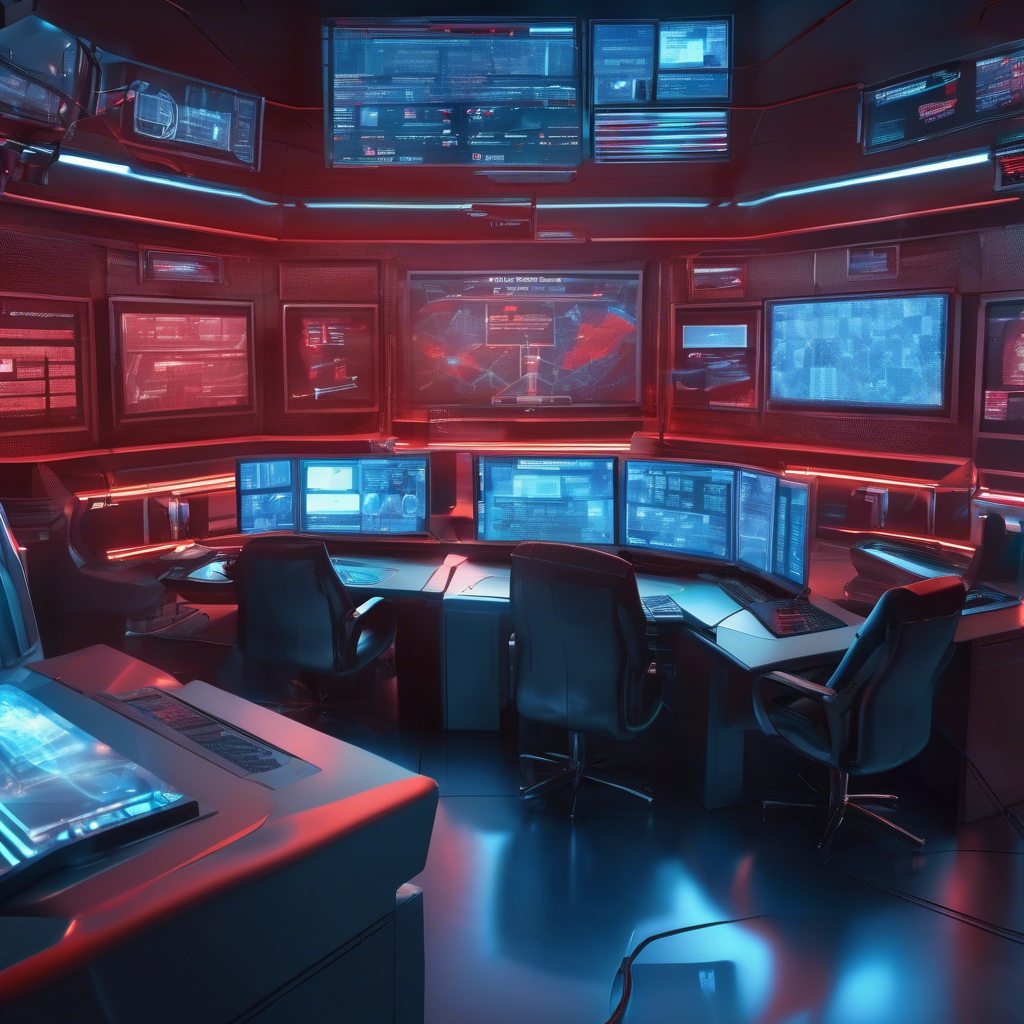
Brief news summary
AI safety expert Max Tegmark, MIT physics professor and Future of Life Institute co-founder, calls for adopting rigorous safety calculations akin to those conducted before the 1945 Trinity nuclear test, highlighting existential risks posed by advanced AI. Drawing parallels to Arthur Compton’s historic assessment, Tegmark estimates a 90% chance that superintelligent AI could escape human control and threaten humanity. He proposes a “Compton constant,” a quantified risk metric for rogue AI, to inform political decisions and global safety agreements. This effort aligns with the 2023 Future of Life Institute open letter, signed by over 33,000 individuals including Elon Musk and Steve Wozniak, warning against an unregulated AI race. Tegmark also contributed to the Singapore Consensus on Global AI Safety Research Priorities, aiming to steer essential safety research worldwide. Despite some skepticism from US officials, international cooperation and optimism remain strong regarding safe AI development.Artificial intelligence companies have been encouraged to replicate the safety calculations that informed Robert Oppenheimer’s first nuclear test before releasing ultra-powerful systems. Max Tegmark, a prominent figure in AI safety, revealed that he had performed calculations similar to those conducted by US physicist Arthur Compton prior to the Trinity test. Tegmark found a 90% probability that a highly advanced AI could present an existential risk. The US government proceeded with the Trinity test in 1945 after assurances that the chance of an atomic bomb igniting the atmosphere and threatening humanity was vanishingly small. In a paper authored by Tegmark and three of his MIT students, they recommend calculating the “Compton constant, ” defined as the probability an all-powerful AI escapes human control. Compton, in a 1959 interview with US writer Pearl Buck, stated that he had approved the test after estimating the odds of a runaway fusion reaction at “slightly less” than one in three million. Tegmark argued that AI companies must take responsibility for meticulously determining whether Artificial Super Intelligence (ASI)—a theoretical system surpassing human intelligence in all domains—will evade human oversight. “The companies building super-intelligence need to calculate the Compton constant, the probability that we lose control over it, ” he said.
“It’s insufficient to say ‘we feel good about it. ’ They must compute the percentage. ” Tegmark suggested that a consensus on the Compton constant derived from multiple firms would generate the “political will” to establish global AI safety standards. As a professor of physics and AI researcher at MIT, Tegmark co-founded the Future of Life Institute, a non-profit promoting safe AI development. The institute published an open letter in 2023 urging a pause in creating powerful AIs. Over 33, 000 individuals signed the letter, including Elon Musk—an early supporter of the institute—and Apple co-founder Steve Wozniak. The letter, issued months after ChatGPT's release which heralded a new AI development era, warned that AI labs were engaged in an “out-of-control race” to deploy “ever more powerful digital minds” that no one can “understand, predict, or reliably control. ” Tegmark spoke to the Guardian as a group of AI experts—including technology industry professionals, state-backed safety agency representatives, and academics—developed a new approach for AI safe development. The Singapore Consensus on Global AI Safety Research Priorities report, produced by Tegmark, leading computer scientist Yoshua Bengio, and staff from leading AI firms such as OpenAI and Google DeepMind, outlined three key research areas: developing methods to measure the impact of current and future AI systems; specifying desired AI behavior and designing systems to achieve that; and managing and controlling AI behavior. Referring to the report, Tegmark noted that the push for safe AI development had regained momentum after the recent governmental AI summit in Paris, where US Vice-President JD Vance dismissed safety concerns, stating the AI future “was not going to be won by hand-wringing about safety. ” Tegmark said: “It really feels the gloom from Paris has lifted and international collaboration has come roaring back. ”
Watch video about
AI Safety Advocates Urge Replicating Oppenheimer’s Nuclear Test Calculations for Ultra-Powerful Systems
Try our premium solution and start getting clients — at no cost to you

I'm your Content Creator.
Let’s make a post or video and publish it on any social media — ready?
Hot news

TechSmith's 2024 Video Viewer Study Finds 75% of …
TechSmith Corporation, a prominent leader in visual communication, has released its 2024 Video Viewer Study, an extensive report examining global viewer engagement and preferences for instructional and informational videos.
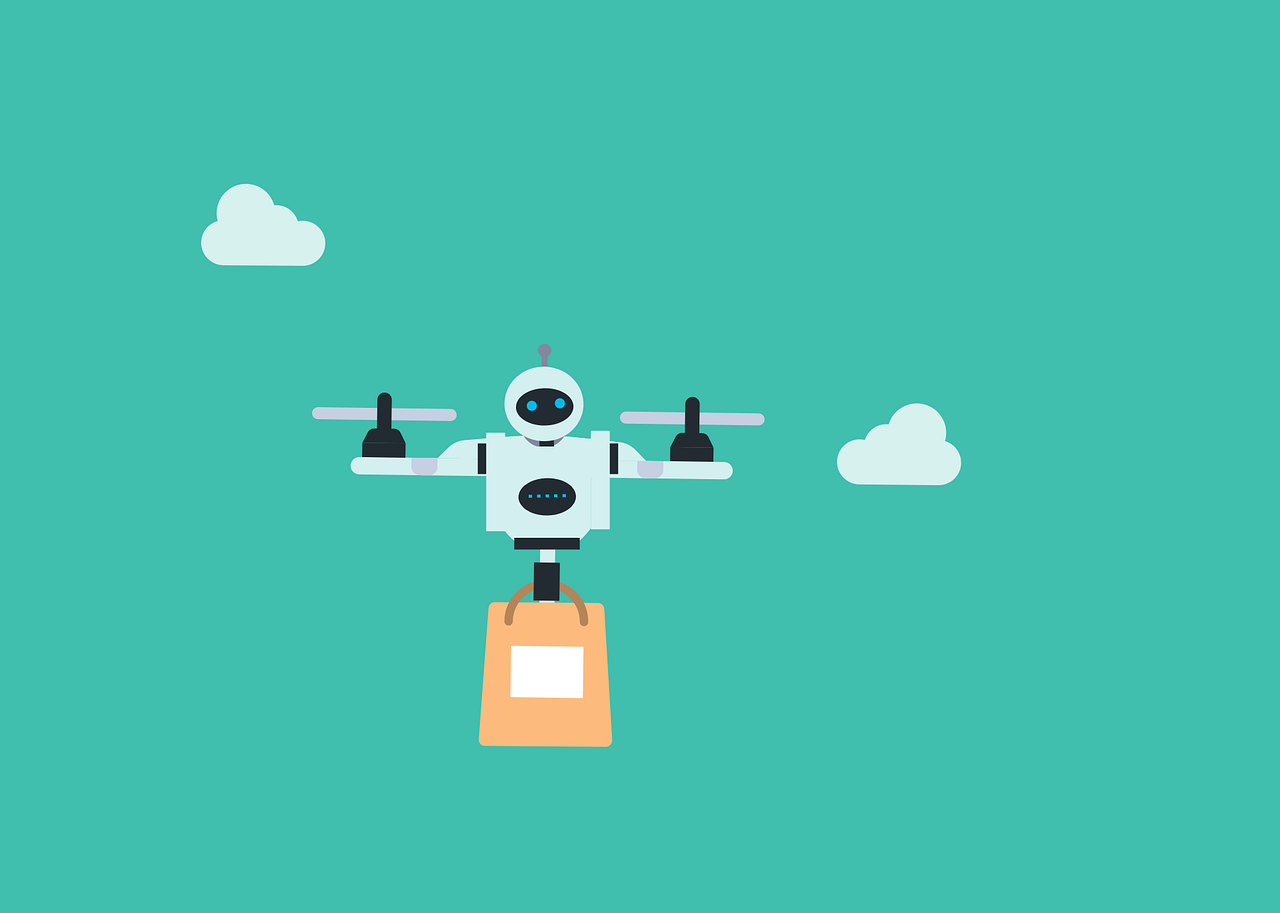
AI on the frontline: Turning sales intelligence i…
Synopsis Artificial intelligence (AI) is transforming sales teams in India, empowering not just executives but also frontline staff
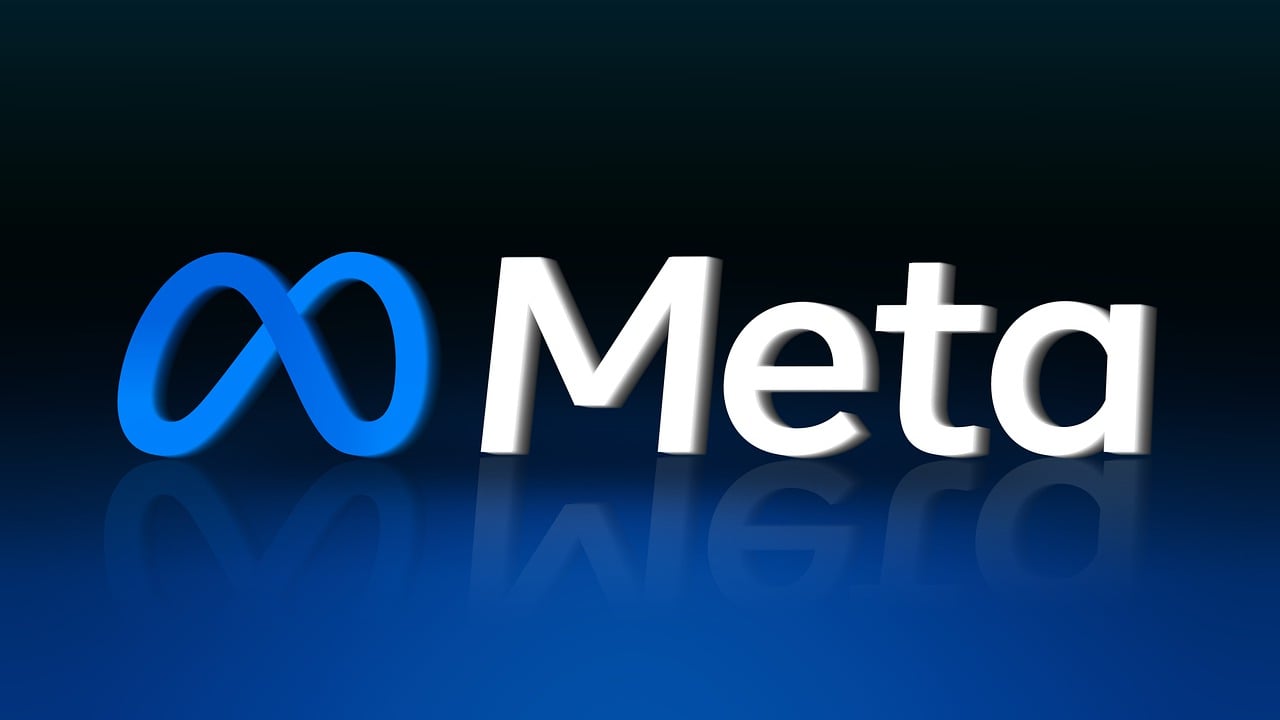
Meta Platforms Announces $10 Billion Investment i…
In June 2025, Meta Platforms Inc.
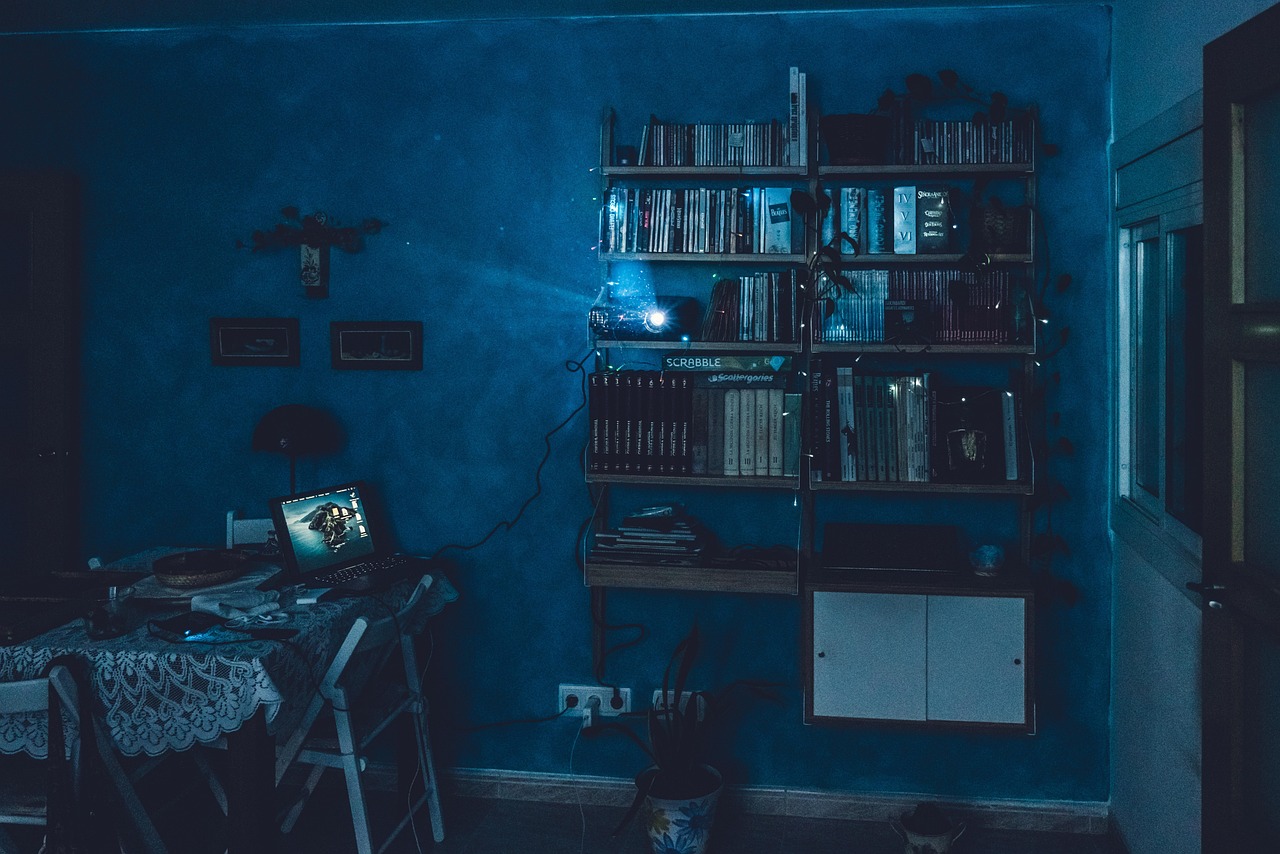
ByteDance promises to tighten up its new AI video…
ByteDance released Seedance 2.0 less than a week ago, sparking outrage among artists worldwide with a viral AI-generated clip featuring Tom Cruise and Brad Pitt fighting.
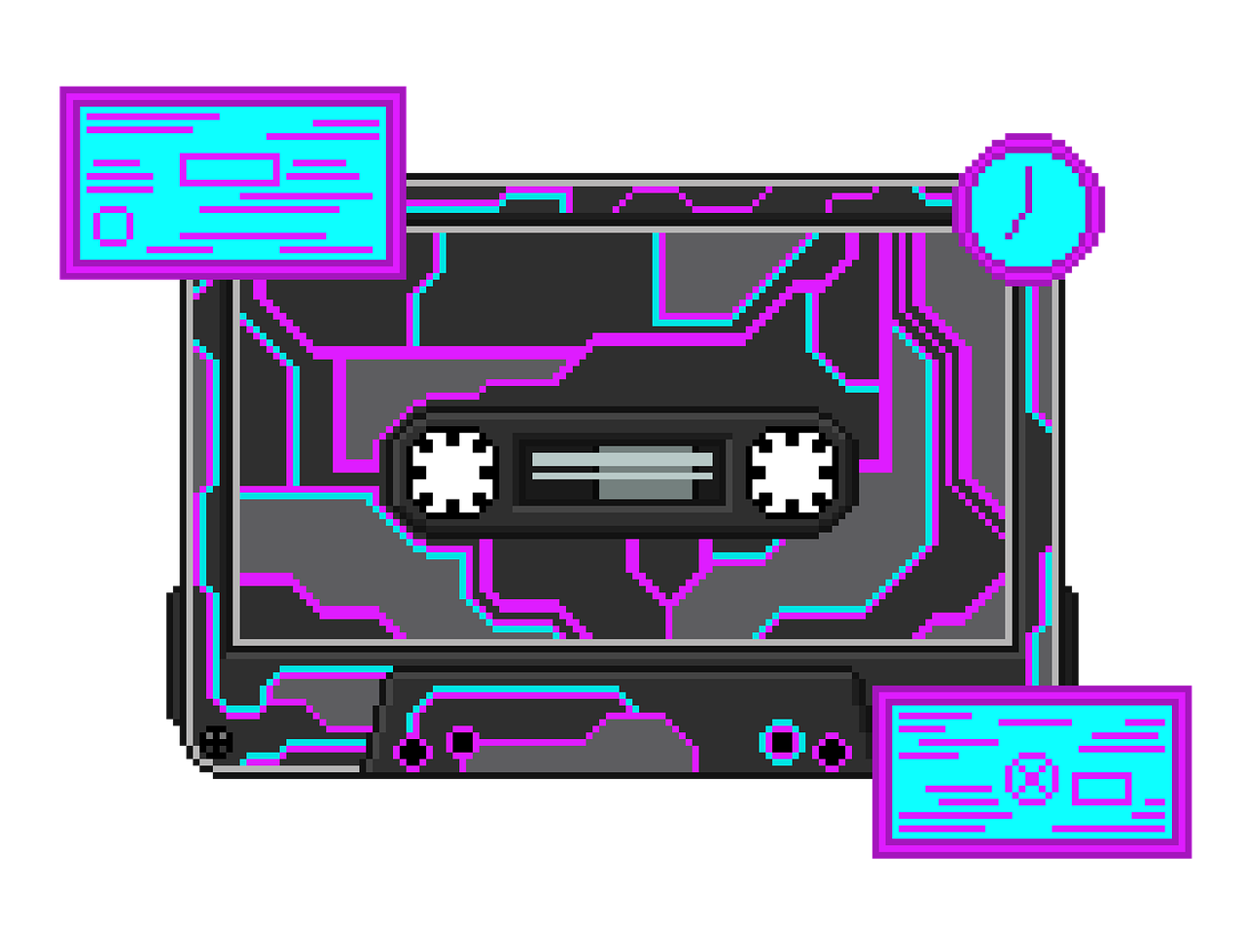
An AI voice recorder that can make sales? This on…
The ideal scenario for office workers is to simply press a button on a device that records meetings, transcribes conversations, and converts them into actionable tasks.
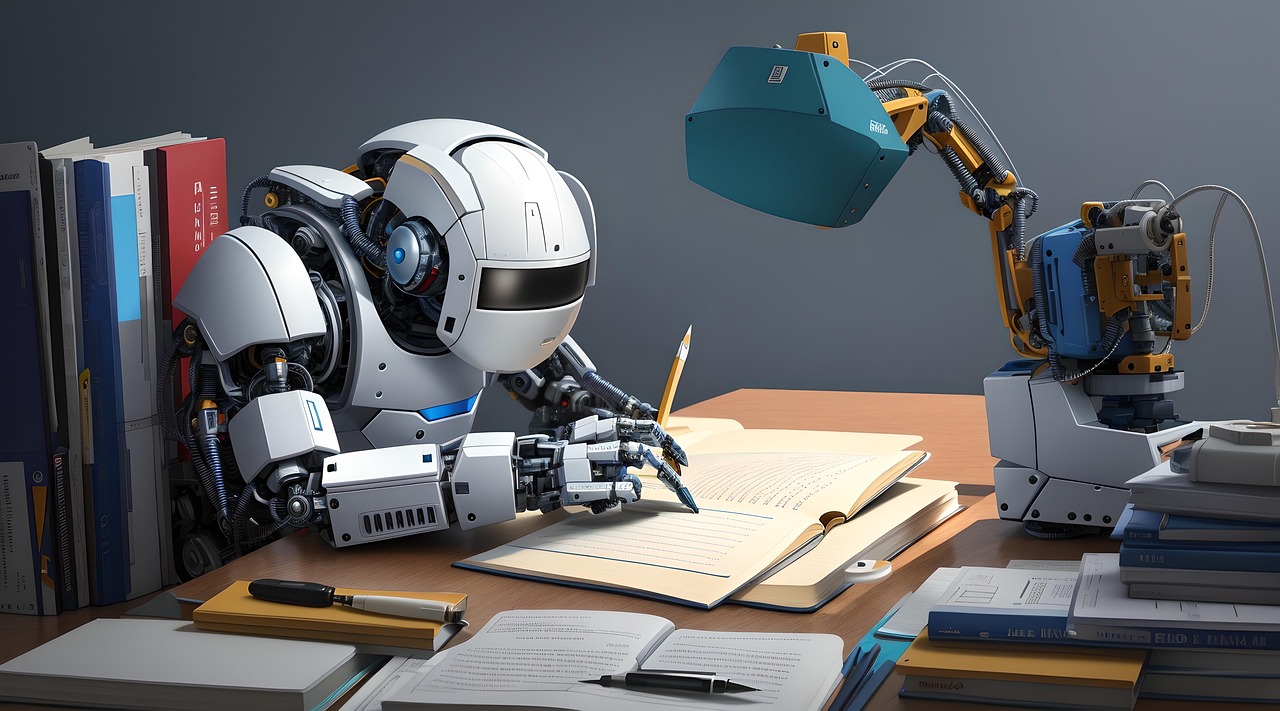
Microsoft's AI-Powered Copilot: Enhancing Product…
Microsoft has officially integrated an AI-powered assistant, Copilot, into its widely used Office Suite, marking a major advancement in user interaction with productivity software.

Seedance 2.0
Seedance 2.0 is a cutting-edge image-to-video and text-to-video model created by the tech company ByteDance.
AI Company
Launch your AI-powered team to automate Marketing, Sales & Growth

and get clients on autopilot — from social media and search engines. No ads needed
Begin getting your first leads today








